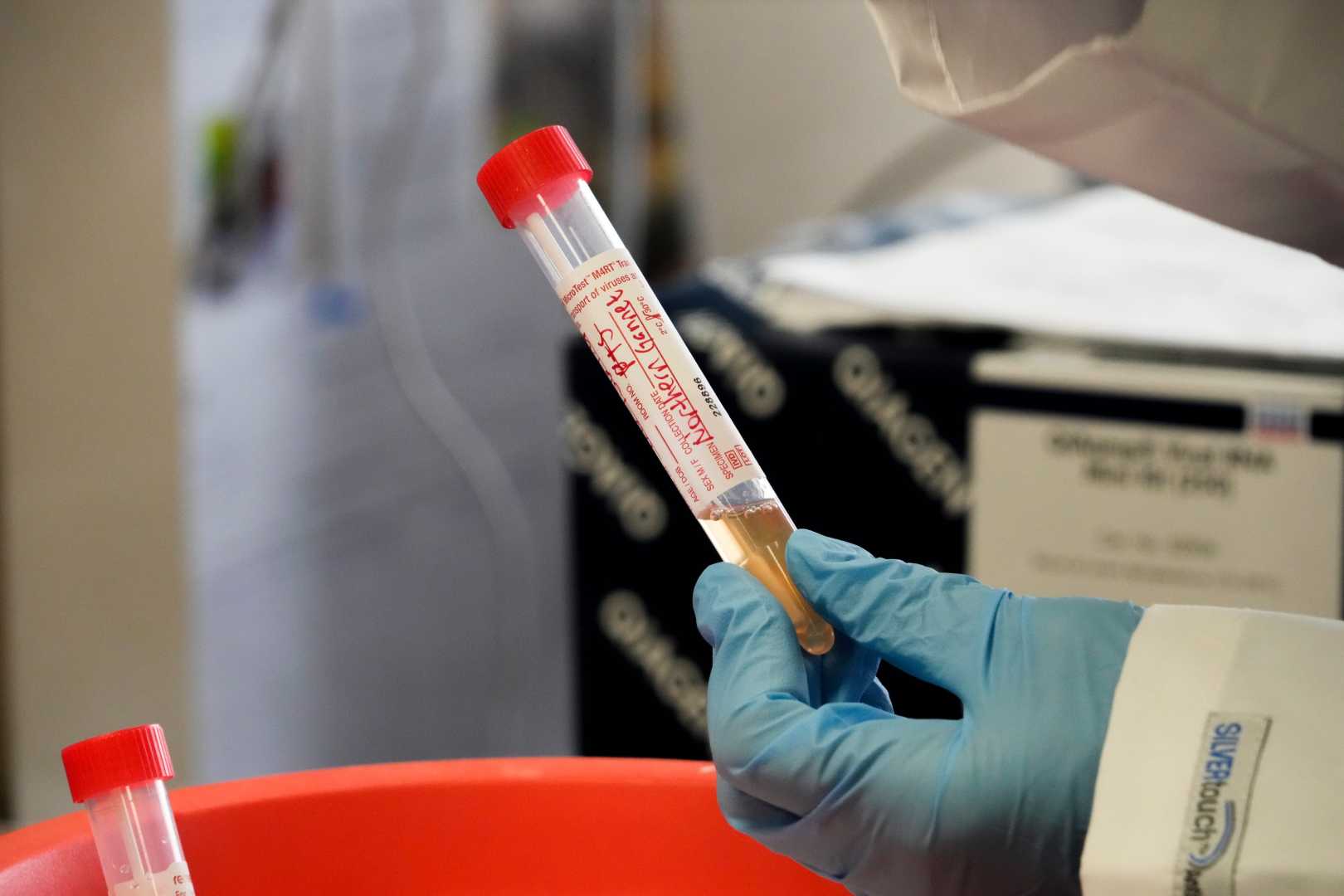Health
US Awards $590 Million to Moderna for mRNA Bird Flu Vaccine Development

WASHINGTON, D.C. — The U.S. Department of Health and Human Services (HHS) announced Friday it will award $590 million to Moderna to accelerate the development of an mRNA-based vaccine targeting avian influenza, commonly known as bird flu. The funding builds on a $176 million investment made in July 2023 to support Moderna’s efforts to combat H5 and H7 flu strains.
Moderna’s vaccine candidate, which has shown promising results in early trials, is set to advance to phase 3 clinical trials. The company plans to present its findings at an upcoming scientific conference. The H5N1 strain of bird flu has raised significant concerns among health officials, with 67 confirmed human cases in the U.S. and one fatality reported in Louisiana this month.
“Avian flu variants have proven to be particularly unpredictable and dangerous to humans in the past. That is why this response has been a top priority for the Biden-Harris Administration and HHS,” said HHS Secretary Xavier Becerra in a statement. “Accelerating the development of new vaccines will allow us to stay ahead and ensure that Americans have the tools they need to stay safe.”
Bird flu primarily affects birds but can sporadically infect humans, particularly those in close contact with infected animals. Since March 2023, the virus has spread to at least 928 dairy herds across 16 states, with California being the most affected. The majority of human cases have been linked to exposure to infected poultry or dairy cows.
Dawn O’Connell, assistant secretary for preparedness and response at HHS, emphasized the advantages of mRNA technology. “Because it can be manufactured quickly, if we began to see something sweep across the country quickly, it would allow us to move fast, to give the first line of protection to the American people,” she said.
In addition to the H5N1 vaccine, Moderna is also developing a vaccine targeting the H7N9 strain, which is currently in phase 3 trials. Robert Johnson, director of HHS’ Biomedical Advanced Research and Development Authority, noted that the timeline for vaccine availability depends on scientific progress and data.
The National Institutes of Health (NIH) has also allocated $11 million for research into countermeasures, including antivirals and monoclonal antibodies. Dr. Michael Ison, chief of the respiratory disease branch at NIH, stressed the importance of preparedness. “We always want to be prepared for if there becomes episodes or sustained human-to-human transmission,” he said.
Researchers like Matthew Frieman at the University of Maryland School of Medicine are working on adjuvants to enhance vaccine efficacy. Meanwhile, Ted Ross of the Cleveland Clinic is developing a universal flu vaccine that could protect against multiple strains, including H5N1. “The difference between what we’re doing and what maybe some other groups are doing is that our vaccine candidate is able to not only neutralize what circulates today, but it can circulate and neutralize what circulates next year and the year after,” Ross said.
As the virus continues to spread among animals, health officials warn that the risk of mutation and human transmission remains a significant concern. “Every life is precious, and we want to protect our most vulnerable,” said Dr. Ofer Levy of Boston Children’s Hospital, who is also working on vaccine adjuvants.












